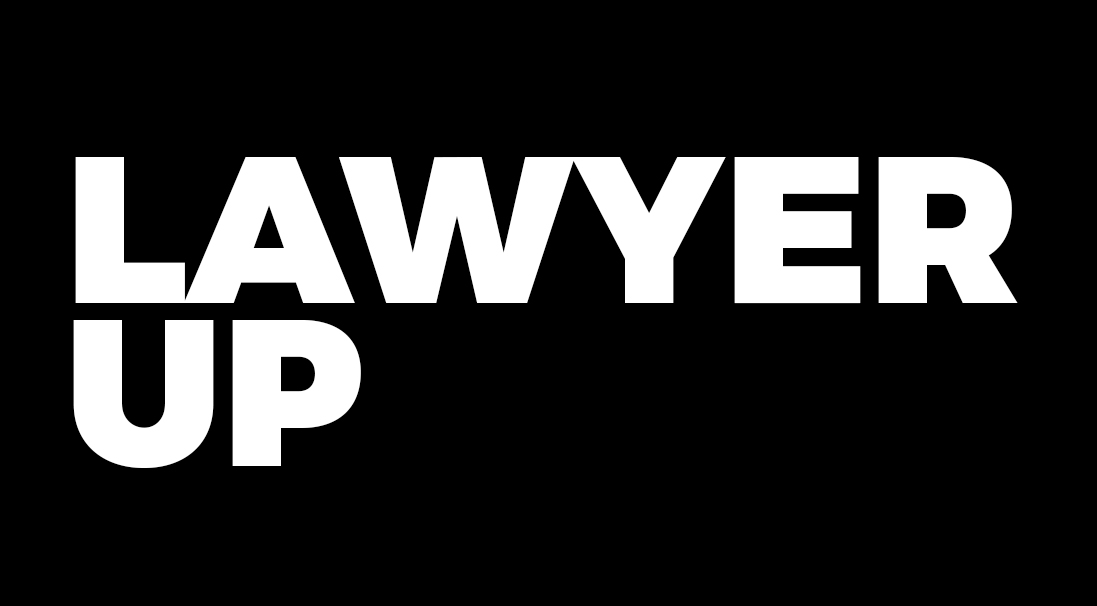Disclaimer: This column is written for educational purposes only. It does not provide specific legal advice and does not create an attorney-client relationship. This column should not be used as a substitute for competent legal advice from a licensed attorney in your state.
Looking for an attorney to help you start your cannabis business? Need a criminal defense attorney for a cannabis-related matter? There are many things to consider when you’re hiring a lawyer. And when it comes to cannabis, you should take extra time and care to ensure that the attorney you hire is the right fit for your situation. In MERRY JANE’s case, they asked me — a practicing lawyer who specializes in cannabis — to pen this column each week about the multitude of legal hurdles anyone entering the green industry may encounter. Welcome back to Lawyer Up.
Given that most attorneys do not specialize in cannabis law in law school, it can be difficult to determine whether a particular attorney is qualified to handle your matter. All lawyers are required to regularly complete Continuing Legal Education (CLE) credits in order to keep their license active. There are a growing number of Cannabis CLEs available to educate attorneys on this complex area of law. It’s also important to note that cannabis law doesn’t exist in a vacuum. It’s an amalgamation of many other practice areas that licensed attorneys are well-versed in after law school and years of practice.
Where to Look
There are several excellent places to look online if you’re in need of an attorney. For example, the National Organization for the Reform of Marijuana Laws (NORML) has extensive online directories of marijuana attorneys. It’s searchable by state, and while it may not be a complete list of all cannabis attorneys, all of the attorneys listed offer cannabis-focused representation.
Another great resource is the National Cannabis Bar Association. The NCBA is a national association of lawyers that provides education and networking opportunities for cannabis industry lawyers “for the purpose of providing excellent, ethical, and advanced legal assistance” to the cannabis industry. NCBA’s directory is an invaluable resource and provides a clear description of each attorney’s practice area.
If you’re already involved in a cannabis community or business association, you may be able to get a pretty solid referral from someone who’s worked with a cannabis attorney before. Referrals are valuable because you can get candid insight from someone you trust about how the attorney performed for them.
Criteria for Selecting an Attorney
Most importantly, the attorney you select should be licensed in your state (or multiple states, if needed). Each state’s Bar requires attorneys practicing within the state to register as a member with the Bar. Attorney records are publicly searchable and provide information about the attorney’s education, whether their license is active, and whether the attorney has been the subject of disciplinary action.
Notable experience and qualifications are extremely important to consider. Can the attorney share any illustrative professional experience they’ve had in cannabis law practice? For example, you can ask them to tell you about the types of clients they represent and kinds of matters they’ve worked on. Testimonials from clients are helpful, as are examples of positive results the lawyer has achieved for those clients.
Is the attorney a member of any cannabis law or business associations? Membership is a promising sign that the attorney legitimately and regularly practices cannabis law. A lawyer who belongs to a professional network of other knowledgeable attorneys, such as the NCBA, has a strong resource they can turn to for guidance on complex matters.
Another indicator of a qualified attorney is the relationships they have with federal, state or local government, or with law enforcement and local cannabis communities. These relationships show that the lawyer is more of an industry insider with a thorough understanding of law and policy, and of how law enforcement and government handle cannabis-related violations and other matters.
Questions to Ask Before You Hire
What is the scope of services the attorney is able to provide? Because cannabis law is relatively new and rapidly evolving, you may not be able to find an attorney who is qualified to do all of the work you need completed. For example, a cannabis business attorney may be able to help you legally form a new cannabis business. However, they may not have the knowledge or expertise to help you with zoning and permitting for your business or dealing with potential employee issues. On the bright side, if the attorney you hire is well-connected, they can likely refer you to another attorney who can handle matters they can’t.
How does the attorney charge for their services? Transactional business attorneys typically bill by the hour, but may charge a flat fee for specific services such as a simple business formation. Most litigators — and specifically criminal defense attorneys — charge an initial flat fee (based on the criminal charge) and then may bill for additional work on an hourly basis.
Knowing the prevailing rates for attorneys in your area will help you determine whether a particular attorney’s rates are reasonable. Consider that a cannabis attorney may charge at the higher end of the scale due to the nature of cannabis law. However, an attorney that appears to be charging significantly more or significantly less than prevailing rates should give you pause.
When Not to Hire an Attorney
Consider the reason you’re hiring an attorney. Does the attorney have experience doing the work you need done? A criminal defense attorney is probably not the best choice if you’re looking for someone to help you form a new cannabis business. Hiring someone who’s not right for the job can result in poor outcomes that will cost you later.
Do your due diligence to determine if there are any non-obvious red flags. Avvo is an attorney directory where clients can rate their experience with individual attorneys. The site also lists any disciplinary action the attorney may have faced that could be cause for concern.
Finding an attorney is all about finding the right fit. If you can, take your time with the search process. Check out the resources mentioned in this article, narrow down your options, and consider reaching out to more than one attorney. Many attorneys offer free consultations, which are a great way to learn more about them, their practice, and their qualifications. Good luck!
~ Cannabiz Confidante











